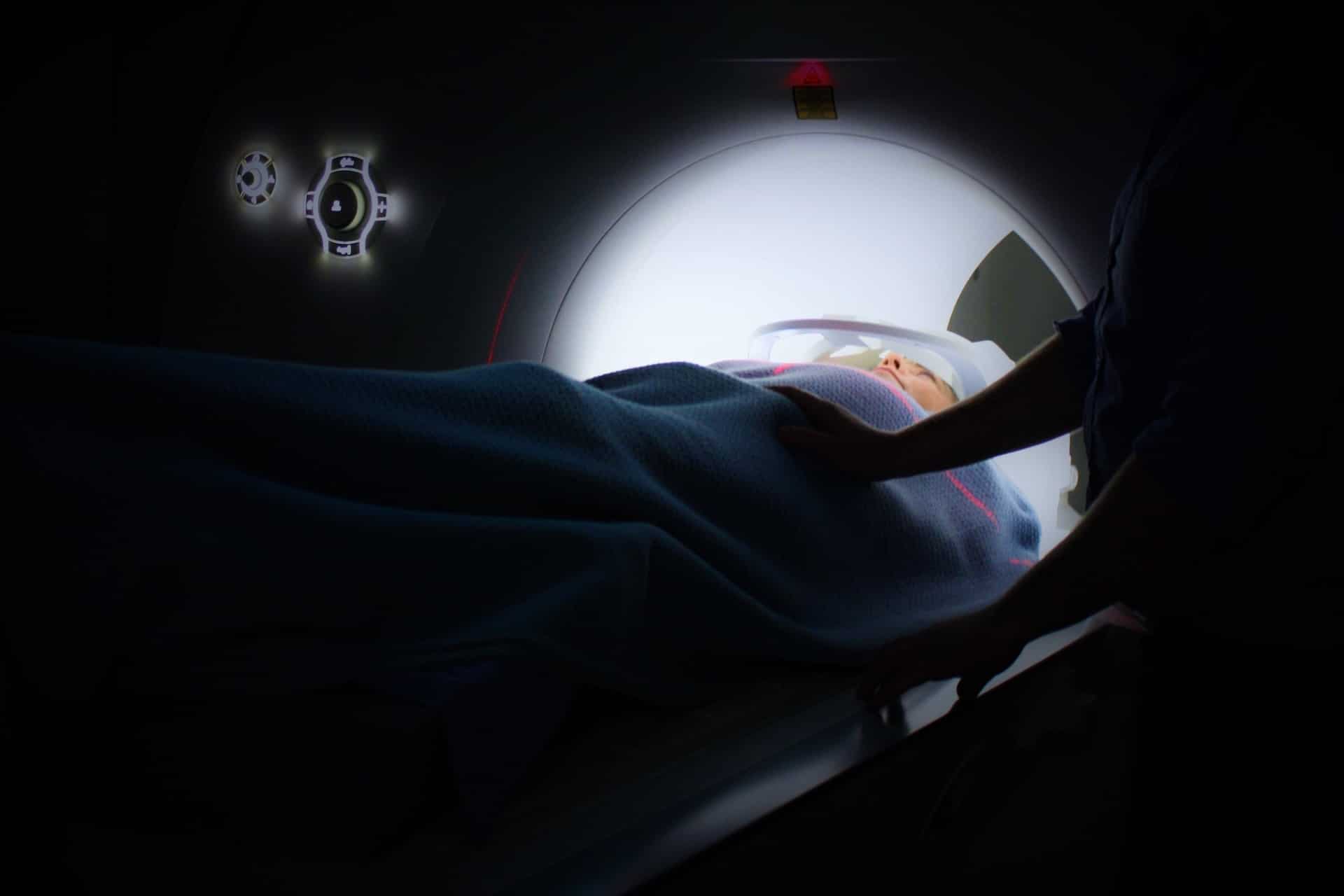
Singaporeans are becoming aware of the importance of writing will in order to distribute their assets according to their wishes in the event of death. However in numerous scenerios, the Lasting Power of Attorney is often left out. Many of them have not thought about the possible situation when they are still living but are unable to make any decisions on their own. This leaves their assets frozen and decisions on their personal well-being open to any potential disputes between their family members. Unsettled disputes would then need to be channelled to the court to make a decision.
What is a Lasting Power of Attorney (LPA)?
It is a legal document that permits someone who is at least 21 years old (the donor) to nominate one or more persons (the donee(s)) to act on his behalf in the event of a loss of mental capacity. A donee is empowered by the donor (while he is still capable of making decisions) to make decisions on the donor’s assets and/or personal welfare.
Why do I need one?
In the event that you survived an adverse event but suffer a loss of mental capacity, having an Lasting Power of Attorney ensures that there is a proxy decision-maker, particularly in the area of personal welfare and property and affairs.
Without an LPA, an application by a concerned family member would have to be filed with the court to decide the person whom should be appointed as your deputy to make decisions. In some cases, this court process may be a source of conflict within the family.
How is a “lack of mental capacity” defined?
The Mental Capacity Act defines the lack of mental capacity as being “unable to make a decision for himself in relation to the matter because of an impairment of, or a disturbance in the functioning of, the mind or brain”, regardless of whether the condition is temporary or permanent.
This person is deemed to be unable to make any independent decision if he is unable to “understand the information relevant to the decision, retain that information, use or weigh that information as part of the process of making the decision or communicate his decision (whether by talking, using sign language or any other means)”.
A lack of mental capacity can be due to medical conditions such as coma, dementia or a mental health problem.
What can a donee do?
Through an Lasting Power of Attorney, authority can be conferred to the donee to make decisions about the donor’s personal welfare and/or property and affairs.
Some of the decisions a donee has to make as a personal welfare donee include, but are not limited to, where the donor should live, who should live with the donor, what the donor eats and what activities should the donor participate in.
If the donee is authorised to make decisions on property and affairs for the donor, the donee is able to access the donor’s assets, utilise and distribute them if specified in the LPA. Some of the decisions he can make include, but are not limited to, managing your property, tax matters and investment.
What if I wish to assign more than one donee?
You can decide if they are to act:
- Jointly, meaning that they have to act together, not separately, or
- Jointly and severally, meaning that they can make decisions together or separately.
Each donee can be granted the same or different decision powers (personal welfare, property and affairs or both).
How should I choose a donee?
Choosing a trustworthy and reliable donee is crucial because they will be making many important decisions on your behalf that is going to impact your life. Apart from choosing someone who is above the age of 21 years and not an undischarged bankrupt, consider someone competent who is able to make decisions in your best interest on your behalf.
In cases of joint donees, you should appoint those that are willing and able to work together.
What if the donee(s) does not act in my best interest?
In such cases, upon receipt of a complaint from a concerned party who is aware of such abuse of power, the Office of the Public Guardian will investigate the instances where the donee has failed in his duty to make decisions in your best interest.
What if I regain my mental capacity?
You may in such an event be able to revoke the Lasting Power of Attorney. You will be required to show proof that you have regained your mental capacity by way of support from a competent medical professional. Complete and sign a revocation form and inform every donee and also the Public Guardian of the revocation.
Need help with drafting your LPA? Contact us today.
Featured image by Ken Treloar on Unsplash

Ng Pui Khim is a senior lawyer with over 20 years of private practice experience focusing on divorces (family and matrimonial law), real estate (conveyancing practice), wills and succession law.
All rights reserved. Any information of a legal nature in this website is given in good faith and has been derived from resources believed to be reliable and accurate. The author of the information contained herein this website does not give any warranty or accept any responsibility arising in any way, including by reason of negligence for any errors or omissions herein. Readers should seek independent legal advice
